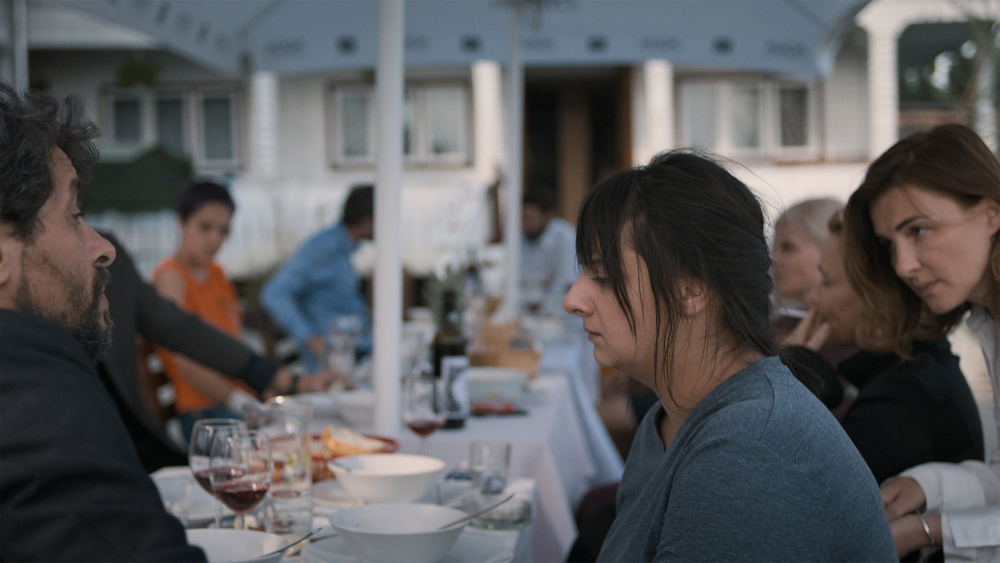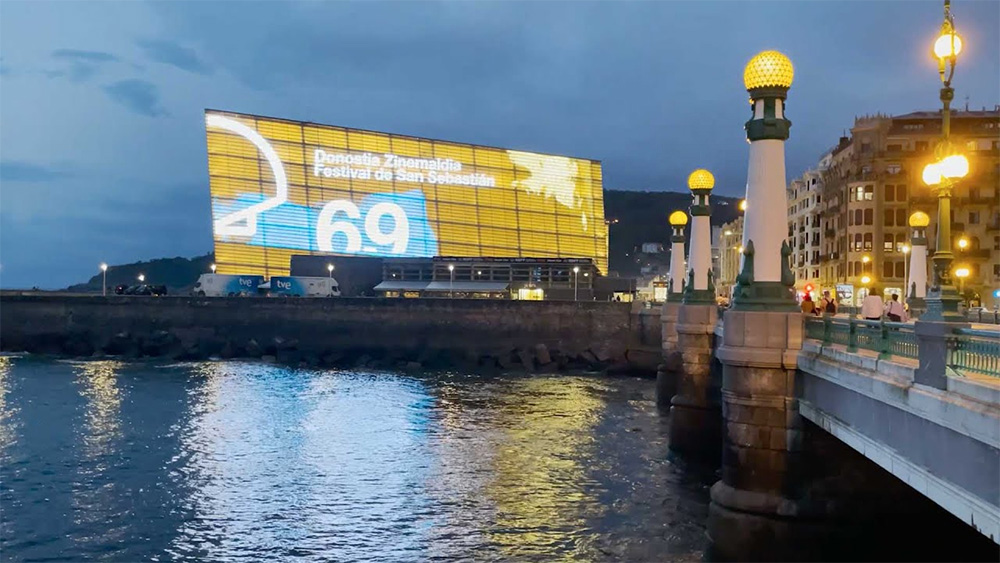Underlying
- When I read the synopsis of the film Ouistreham, by the writer and filmmaker Emanuel Carrere, the book Ganz unten (Azpi-azpian), published by the German journalist Günter Walraff in 1985, came to my memory. Walraff spent two years under the guise of an unauthorized Turkish migrant worker to work, with the intention of denouncing his living conditions. In addition to the research book, the German journalist made a year later a film based on the images that he himself had recorded in the film. Walraff had carried out a clear investigation and denunciation initiative, tolerating those who subjected the Turkish Ali, and thanks to him this hidden reality emerged.

I hesitated to write the previous sentence. I could write an unknown reality, a hidden reality. This is precisely the problem raised by both Walrafe and Carrere. For whom this reality is unknown and hidden. The underlying ones, to continue with the expression used by Walraff, as they are well aware of this reality that Ken Loach (I, Dany Blake (2016), Sorry We Mised You (2019) also speak about, among others). It's their everyday reality.
The film is based on the book Le Quai de Ouistreham (Port of Ouistreham), published by journalist Florence Aubenas in 2010. In particular, Aubenas, a journalist who was kidnapped in Lebanon in 2005, repeated the experience of Walraff, dedicating himself for several months to precarious trades, especially in the cleaning teams of the ferries operating the Trailers-Portsmouth connection.
Carrere, through Ouistrham, also raises this issue, as he reports the daily life of some of these underlying, in this case the cleaning work in sub-human conditions, and gives us the impression that by the way we shoot we are seeing a documentary. But in addition, those who are a bit more or a bit higher show us the contradictions that arise when communicating this reality. After all, the question of justice that whoever chooses to live in these poor conditions of temporal life is put in a world that is not theirs. It also shows us the wounds that this behavior of good intent produces.
The lead writer of Ouistreham Marianne Winckler, who embodies Juliette Binoche, wants to write a book on the living conditions of women who work in cleaning, and for this, like Walraff did, she immerses herself in a world far below her social level, taking notes of the same conditions in which she lives. The writer adapts so well to the cover of his new character, that he doesn't distrust the new friends he takes in his arms as if he were one of them.
The Walraff initiative had a clear objective: to denounce the living conditions of Turkish migrant workers. We might think that Marianne Winckler also has that clear goal, but Carrere, over and above the writer's supposed goodwill, shows us one more element: the legitimacy of such an initiative. In other words, the question of giving voice to those who do not have a voice without them knowing it. If the search for truthfulness can start from deceit, even for the benefit of the interested parties.
Crhistelle and Marianne, mother of three children and washed by Ferry, have a deep friendship as they share painful jobs and moments of joy. However, the writer is aware that lies at the heart of his beautiful relationship. What makes this lie bearable for the protagonist is the objective of his initiative: to denounce the reality of those women who dedicate themselves to the painful cleaning tasks. However, Carrer offers us an element of doubt that gives a double dimension to the film: Is that your real goal? Isn't it the main goal to write your new book?
The Carrera film is a film that raises questions to the viewer. Where and how should injustice be reported? How should we denounce to those of us who live in a high standard of living the plight of those who make our high standard of living possible? How can one make for political conscience one of those of us who is aware of the injustices of the world and suffer these injustices?
Carrere, through Crhistelle, leaves the answer in the hands of Marianne Winckler in the raw scene at the end of the film. In this scene, it's as if with the cleanser's challenge, the writer would tell her: “Well, you’ve written the book, you’ve suffered with us, really; but you’re not really one of us, you’ve taken advantage of us. If not, teach it!”
I mean, the answer is in the hands of those of us who were watching the movie. We applauded the film, but we came out in our hands without thinking about those who were going to clean the room at the end of the day.






















